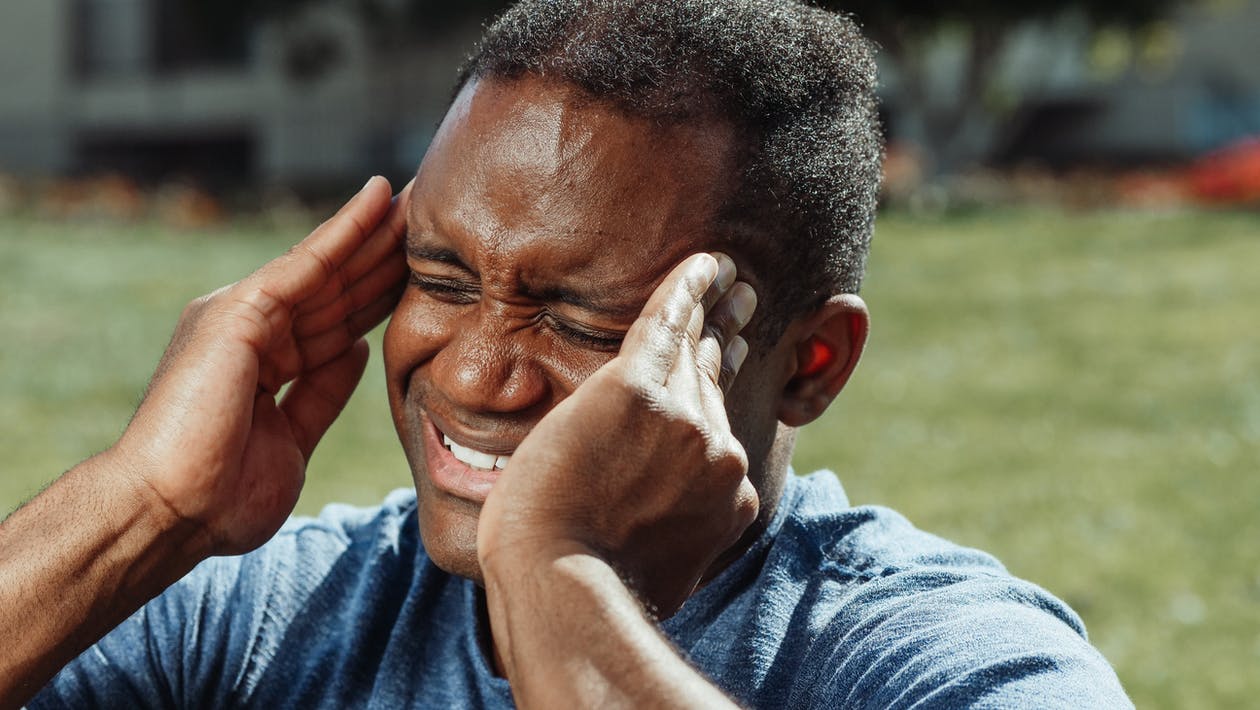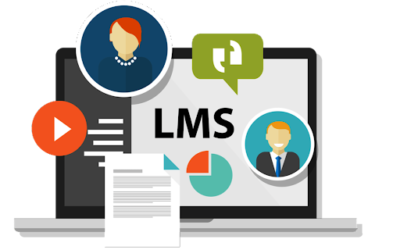How Does Addiction Alter Your Brain?

There are so many ways that addiction impacts the brain. When a person uses drugs, chemical compounds that are found in alcohol, sedatives, stimulants, opioid, and nicotine enter the bloodstream and brain. People can lose control of their impulses or even crave these substances once the chemicals have already entered the brain.
The brain will crave the reward from a particular substance in those who have an addiction. This is primarily due to the stimulation of the brain’s reward system. In a nutshell, using drugs and drinking alcohol can impact the brain in many ways.
Development of Addiction
The brain controls emotion, decision-making, breathing, coordination, and temperature. The brain also affects physical sensations within the body as well as cravings and compulsions. It is easy for a person to alter the function of their brain by using harmful and powerful substances such as heroin or Benzodiazepines.
There is an interaction between the limbic system in the brain and drugs. Using drugs triggers the brain to release strong feel-good emotions that have an effect on a person’s mind and body. However, drug and alcohol abusers will continue to use these drugs to gain these intense emotions that are released by their brains. This creates a cycle of drug use and highs that are intense. Eventually, they will keep using the drug to function normally. This is also known as dependence.
The Brain & Addiction
The brain will reward harmful behavior as a consequence. It will keep the drug addiction going by keeping the person using drugs in a cycle of highs and lows. The individual may begin to feel like they are on an emotional roller coaster, feeling depressed without their drugs. Once someone begins to stop using drugs or alcohol suddenly, their body will react physically, mentally, and emotionally. Many people will go through extreme symptoms that are hard to ignore. Depending on the drugs being used, withdrawal symptoms can be more severe than others.
For example, if a person suddenly stops using heroin, they may experience depression, sweating, anxiety, and even intense cravings. This is mainly due to the rewiring of the brain after using heroin for an extended period of time.
Therapy for Addiction
When a person that is struggling with an addiction checks themselves into facilities such as https://pinnaclerecoveryut.com/, they will receive medication and have access to a wide range of treatments.
One of the most common treatments given to soothe and stabilize the brain following an addiction is known as biofeedback therapy. This allows a professional to closely monitor the person’s brain. This allows them to determine how to improve brain activity thus reducing the effects of addiction.
Biofeedback uses EEGs or electroencephalograms. They are normally used to assist individuals who have endured a traumatic brain injury. This can also help those who have OCD and other brain disorders. It is a therapy that reduces involuntary functions and stress. It may also consist of guided imagery, muscle relaxation, and meditation.
Sometimes, biofeedback therapy may be combined with cognitive-behavioral therapy. If this is done, it can improve the person’s involuntary functions such as blood pressure, heart rate, and muscle contraction.
Seek Help Today
It can be extremely devastating to struggle with addiction. Addiction can lead to complicated effects that can last for a long time. The best way to overcome drug or alcohol addiction is to seek professional treatment. This allows every person to receive treatment that is unique and consists of both psychological and physical help. This also allows every person to get a better understanding of their addiction.



































